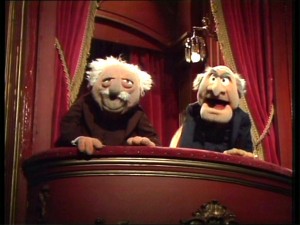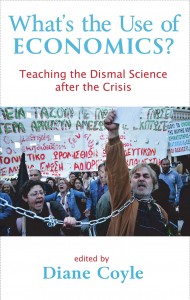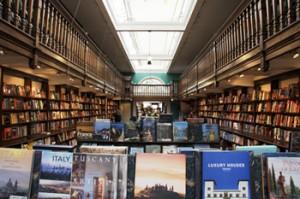I’ve been looking through a book that arrived here yesterday, [amazon_link id=”B008AU9LZM” target=”_blank” ]Affluence & Influence: Economic Inequality and Political Power in America[/amazon_link] by Martin Gilens, a Princeton political scientist. Although I haven’t read it at all carefully, paging through makes it clear that there is important evidence here that in the United States public policies have increasingly been shaped in the interests of the top 1% (not even the 10%) of the income distribution. There does not appear to be any ranting at all, not a vampire squid in sight. This is serious, empirical social science and lots of it, careful multivariate regression analysis.
The conclusion: “The patterns of responsiveness found in previous chapters often corresponded more closely to a plutocracy than a democracy.”
The influence of the rich is sometimes tempered a little by a closely divided Congress and legislative gridlock, and by an approaching Presidential election. Otherwise, the very rich have bought policies, literally – campaign donations prove be the main channel of influence. Professor Gilens is not optimistic about the prospects for campaign finance reform. Yet as he warns:
“Further concentration of political influence among the country’s affluent threatens both the perception and the reality of a shared political community so central to the health of even the modestly democratic republic we currently enjoy.”
So this rather dense-looking work of political science has a sobering message for the United States, and for all of us non-Americans who used to greatly admired what was, once, the world’s leading example of democracy and opportunity.
[amazon_image id=”B008AU9LZM” link=”true” target=”_blank” size=”medium” ]Affluence and Influence: Economic Inequality and Political Power in America[/amazon_image]



